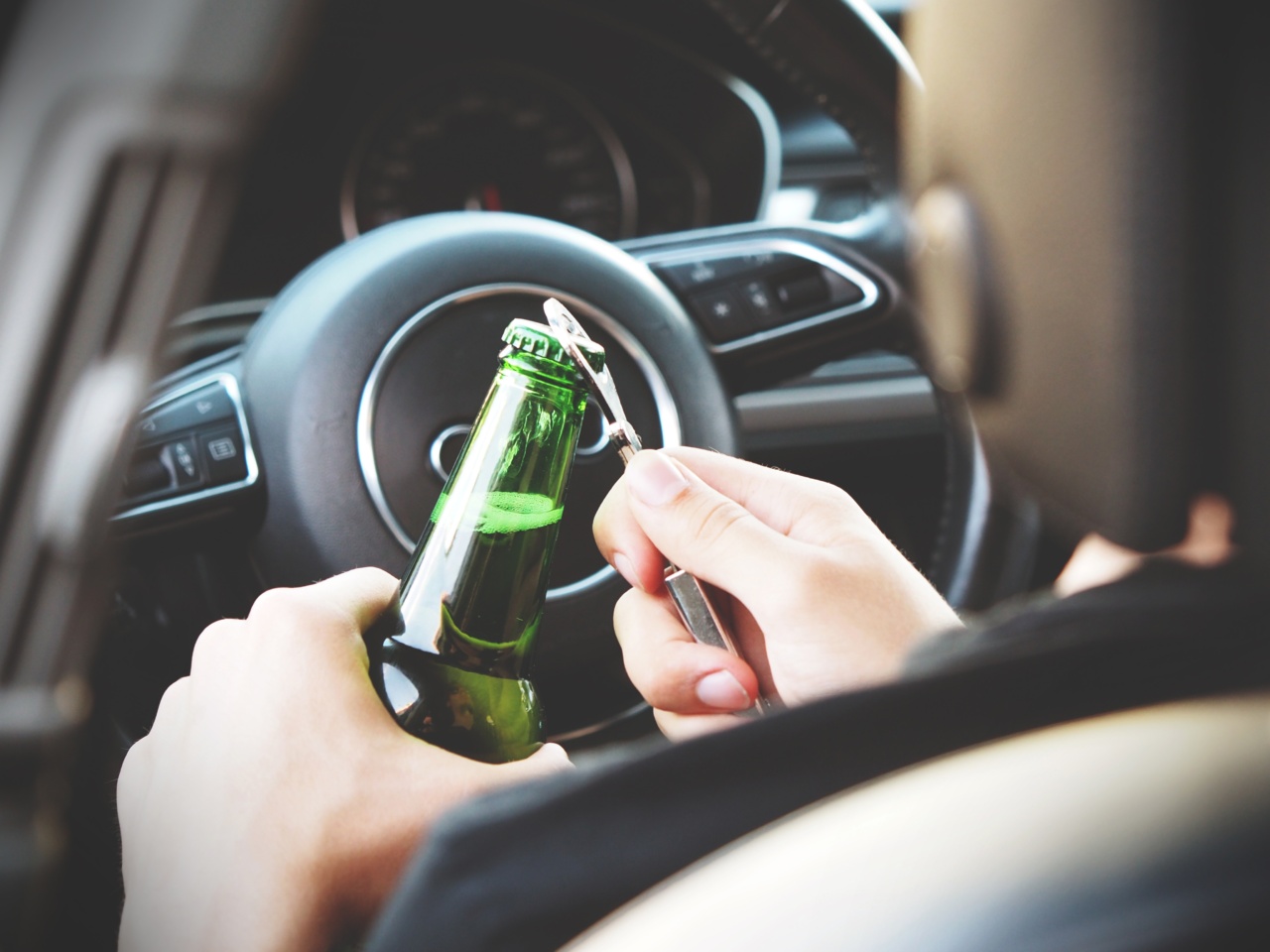Most people are aware of the fact that drugs and alcohol can interact in dangerous ways, but did you know that alcohol can also have negative interactions with over-the-counter painkillers? This is a serious issue that can lead to a range of health problems and even death in some cases.
Understanding the Risks of Mixing Alcohol and Painkillers
There are many different types of painkillers available over-the-counter, from aspirin and acetaminophen to ibuprofen and naproxen.
While these drugs are generally considered safe when taken as directed, they can cause serious harm when mixed with alcohol. This is because both alcohol and painkillers can be toxic to the liver and kidneys, and they can also depress the central nervous system.
When these substances are combined, the risk of liver and kidney damage, as well as respiratory depression, increases significantly.
Increased Risk of Gastrointestinal Bleeding
In addition to the risks associated with liver and kidney damage, mixing alcohol and painkillers can also increase the risk of gastrointestinal bleeding.
This is because both alcohol and painkillers can irritate the lining of the stomach and intestines, making them more prone to bleeding. This can be especially dangerous for people who take painkillers on a regular basis, as chronic use of these drugs can lead to ulcers and other gastrointestinal problems.
Dangerous Interactions with Prescription Painkillers
The risks associated with mixing alcohol and painkillers are even greater when the painkillers in question are prescription drugs.
Opioid painkillers, such as oxycodone and hydrocodone, are highly addictive and can be very dangerous when taken in combination with alcohol. When these drugs are abused, they disrupt the normal functioning of the brain and can cause respiratory depression, coma, and death. Mixing these drugs with alcohol can intensify these effects and increase the risk of overdose.
Reducing the Risks of Mixing Alcohol and Painkillers
If you are taking over-the-counter painkillers, it is important to follow the recommended dosages and avoid drinking alcohol while using these drugs.
If you are taking prescription painkillers, it is essential that you talk to your doctor about the risks of mixing these drugs with alcohol. Your doctor can help you find safer alternatives and can also help you manage any pain or discomfort you are experiencing.
What to Do If You or Someone You Know Is Mixing Alcohol and Painkillers
If you suspect that you or someone you know is mixing alcohol and painkillers, it is important to seek help as soon as possible.
There are many treatment options available for people who are struggling with addiction to alcohol or prescription drugs, and these treatments can be very effective in helping people get back on track. By getting the help you need, you can avoid the serious health risks associated with mixing alcohol and painkillers and get your life back on track.
The Bottom Line
Mixing alcohol and painkillers is a dangerous combination that can lead to serious health problems and even death. If you are taking painkillers, it is important to follow the recommended dosages and avoid drinking alcohol while using these drugs.
If you are taking prescription painkillers, it is essential that you talk to your doctor about the risks of mixing these drugs with alcohol. With the right care and treatment, you can avoid the risks associated with this dangerous duo and get your health and well-being back on track.































